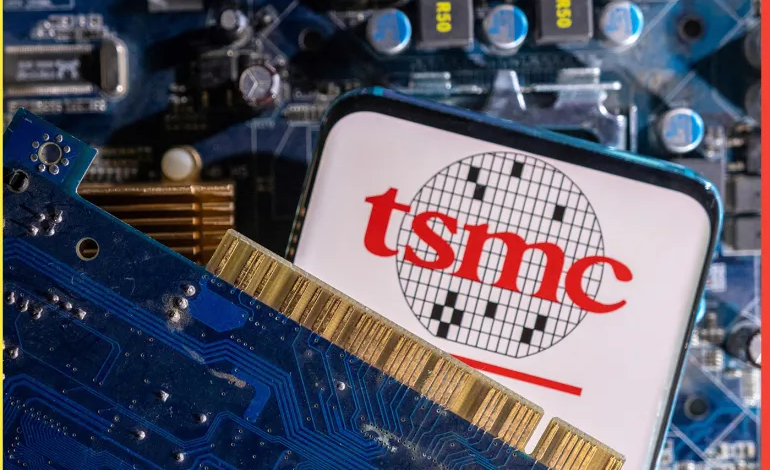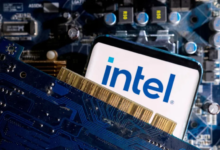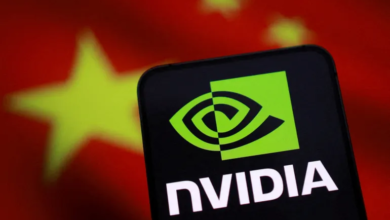TSMC Discovers Advanced Chip in Huawei Product, Raising Concerns Over Potential Violation of U.S. Export Restrictions


On October 22, 2024, Taiwan Semiconductor Manufacturing Company (TSMC) reported that one of its chips had been found in a Huawei product, violating U.S. export restrictions that prohibit semiconductor manufacturers from selling advanced chips to Chinese companies, according to a Reuters report.
Two years ago, the U.S. government imposed restrictions on the export of AI-supported chips to China to curb the country’s technological advancements and maintain the global dominance of American technology. The U.S. also forbids global chip manufacturers from using American technology or equipment to produce advanced chips for Huawei or its products.
Huawei, in its statement, claimed it was unaware of any ongoing investigation involving TSMC, adding that it has not imported products from the company since mid-September 2020.
In recent years, the U.S. has significantly increased its use of export controls to prevent Chinese companies from accessing or developing advanced semiconductors.
TSMC confirmed that its Ascend 910B chip, one of the most advanced AI chips, was found in a Huawei product after TechInsights, a tech research firm, dismantled the product. This discovery raised concerns about a clear violation of the U.S. export restrictions.
A source familiar with the matter revealed that TechInsights informed TSMC of the chip’s discovery before publishing their report, prompting TSMC to notify the U.S. Department of Commerce two weeks ago.
The origin of the chip’s presence in Huawei’s product remains unclear, but sources indicated that TSMC had manufactured the Ascend 910B chips back in 2019, before the U.S. export controls were imposed.
The U.S. Department of Commerce acknowledged awareness of reports suggesting potential violations of export controls but refrained from commenting on whether any investigations were underway.
TSMC stated that it maintains a robust export control system to ensure compliance with the law. The company also reiterated that Taiwan’s government enforces strict rules to prevent the production of advanced chips in China, emphasizing its commitment to adhering to U.S. laws.
On October 23, 2024, the U.S. House of Representatives requested answers from both the Department of Commerce and TSMC regarding the Taiwanese chip found in a Huawei product.
Rep. John Molinar from the U.S. Congress expressed concern, saying, “Reports suggest that TSMC chips contributed to Huawei’s AI development, which represents a catastrophic failure of U.S. export policy.” He added, “Congress needs immediate answers from the Department of Commerce and TSMC about the scope and magnitude of this disaster,” as reported by Reuters.
In response, TSMC announced it had suspended a shipment to an unnamed customer after discovering that one of its chips had ended up in a Huawei product. According to a source familiar with the matter, TSMC halted the shipment approximately two weeks ago and launched a detailed investigation.
Meanwhile, Chinese groups are reportedly attempting to bypass restrictions by utilizing cloud computing services like Amazon to access advanced American chips and AI capabilities, according to Reuters.








